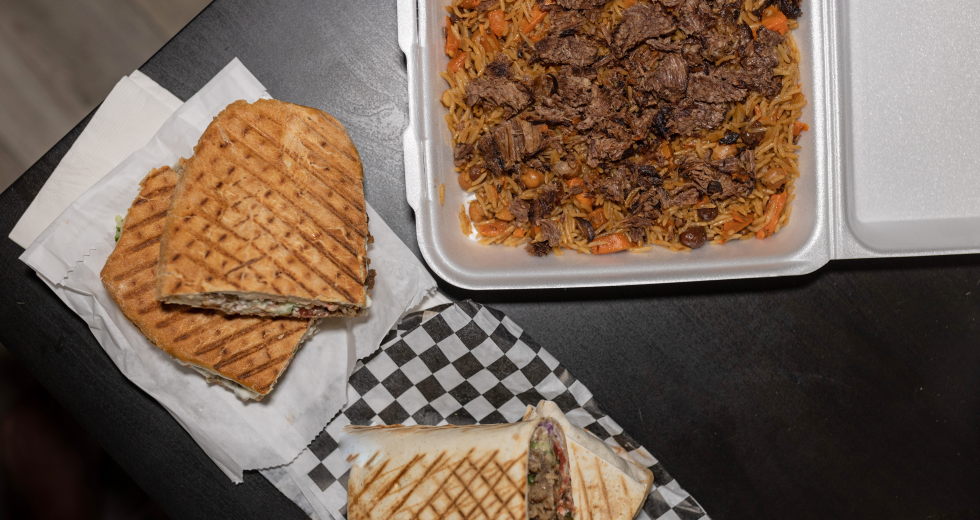Every morning, Caravan Uzbek Cuisine co-owner Farkhod Soatov wakes up early to make plov. It’s a two- to three-hour process centered around a kazan, a cauldron-like vessel that nomadic Turkic people once carried on their long journeys across the steppes of Central Asia. The rice and meat dish, with roots in Persian pilaf, has changed little since the days of the Silk Road.
First, Soatov fries burly, bone-in cuts of beef in the kazan until they’re burnished mahogany, their animal essence yielded to the oil. Onions, carrots, chickpeas, spices and plump raisins come next, and finally the rice, with enough water to steam just short of tender. The goal is to imbue the rice with the aroma of all of the ingredients — to taste raisins, carrots and beef in each discrete grain.
The food truck, parked under a lone palm tree in a North Highlands strip mall, opens at noon from Tuesday to Saturday, but sometimes the plov isn’t ready until 1 p.m. It almost always sells out by 2 p.m., says Aziza Ibragim, Soatov’s wife and co-owner — with a little left over for her. “I eat my plov every day for dinner and I never get tired,” Ibragim says. “My husband and I, we are very picky about food.”
Caravan Uzbek Cuisine is currently parked under a lone palm tree
at a strip mall in North Highlands.
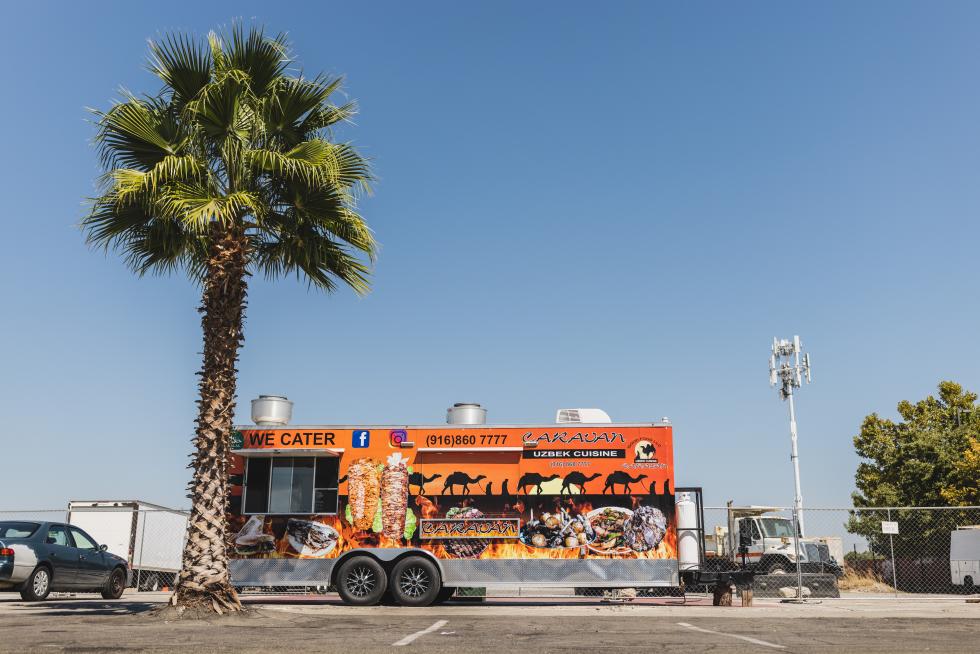
Both Ibragim and Soatov grew up in Tashkent, the capital of Uzbekistan, where Ibragim says they “lived well” despite the authoritarian rule of Islam Karimov. She belongs to a prominent family: Her great-grandfather, Saidnosir Mirjalilov, was a poet and revolutionary martyred to the national liberation cause in the 1930s; his daughter Zarifa Saidnosirova, a nationally recognized chemist and artist, was married to the writer Musa Tashmuhammad oglu Oybek, a cornerstone of Uzbek literature. At 19, Ibragim won U.S. permanent residency through the Diversity Visa Program (also known as the green card lottery) and immigrated with her mother, spending six months in San Francisco followed by 10 years in New York.
Farkhod Soatov is the chef and co-owner of Caravan Uzbek Cuisine.
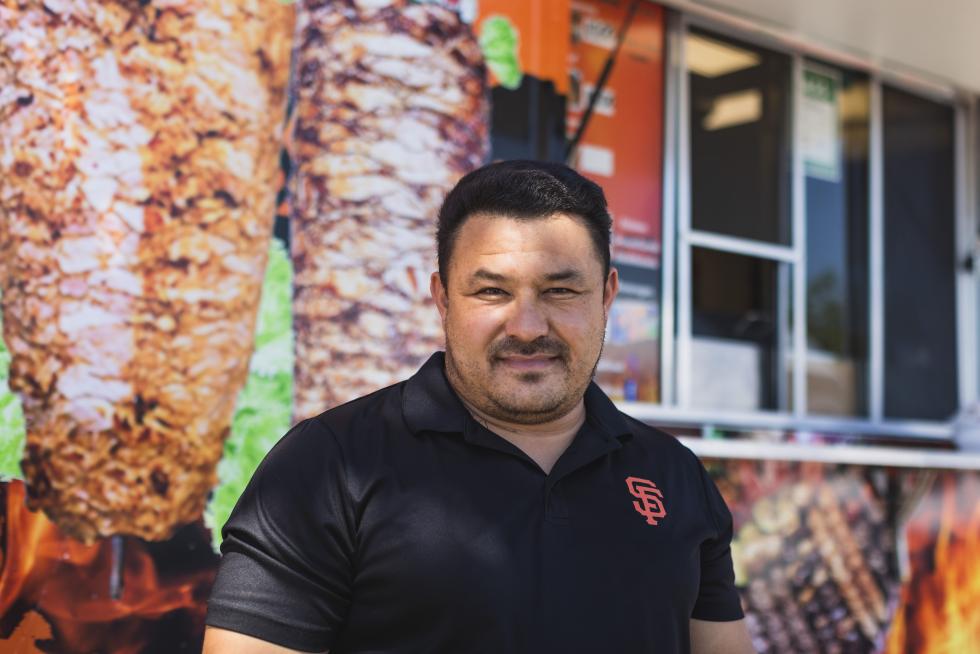
After years in a long-distance marriage, Ibragim became a U.S. citizen in 2012 and was able to bring Soatov, then a police detective in Tashkent, to the country permanently. She loved New York’s museums and culture; he didn’t like how much rent they had to pay to live in a small apartment with their three children. After a year, they decided to move to Sacramento to join a friend who lived there.
Lagman, a beef noodle soup with vegetables, is a much anticipated
special on Caravan Uzbek Cuisine’s menu. (Photo courtesy of Aziza
Ibragim)
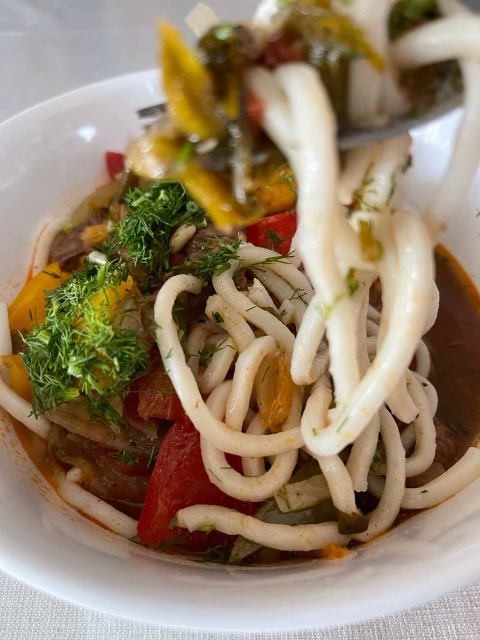
But by the time they had saved enough to start their business, it was the summer of 2020 — not the best time to open a brick and mortar. They settled on a food truck instead (which came with its own supply chain headaches) and opened in November of that year. At Caravan’s grand opening behind a Smart & Final supermarket, the line snaked through the parking lot, undulating out of the way when a car had to leave. There was a festive atmosphere among the families waiting for their plov and kebab, speaking a mellifluous blend of Slavic and Turkic languages.
Plov, considered a national dish of Uzbekistan, is made in a
cauldron-like kazan.
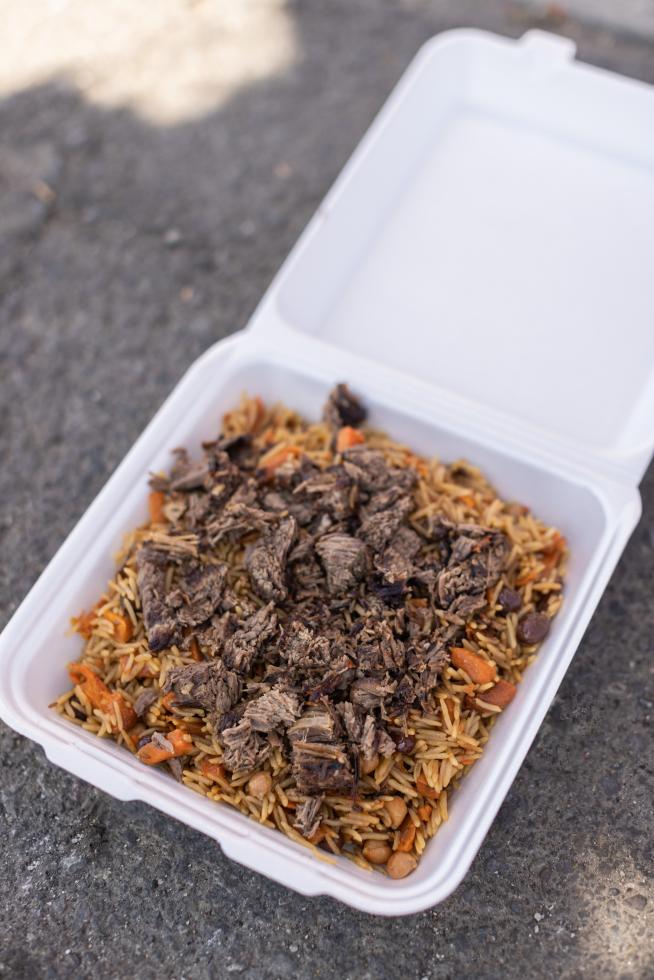
Sometimes there is lagman, beef noodle soup in a tomato broth that carries the vegetal sweetness of a summer garden. In Uzbekistan, the noodles are often hand-pulled, but here fresh ones from a Chinese supermarket make a good substitute. Other days there is kazan kabob, meat and potatoes fried to a glistening brown in the same kind of vessel used to make plov. Rough-hewn and hearty, it’s the kind of dish one could imagine fueling nomadic herders on the trail.
All the meat at Caravan Uzbek Cuisine is halal.
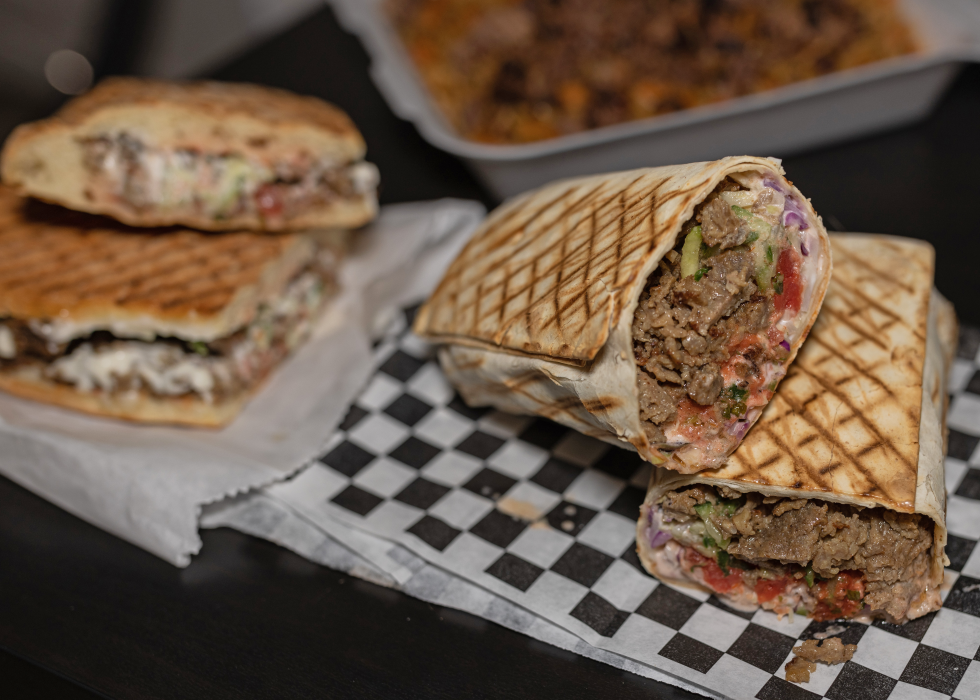
With a compact cooking space and small staff, Caravan is limited to a brief menu; often, the only items available are plov and shawarma. The owners are looking for a restaurant space where they will be able to serve a wider range of Uzbek dishes. Ibragim is still hoping for the ceramic-filled, five-star restaurant she dreamed of.
“I want to give the customers a warm, cozy feeling when they come in, feeling like somewhere else, like traveling to my country,” she says. “When they come in, they forget all of their problems, they sit, enjoy, with food and music. The restaurant should be like this.”
–
Stay up to date on business in the Capital Region: Subscribe to the Comstock’s newsletter today.
Recommended For You
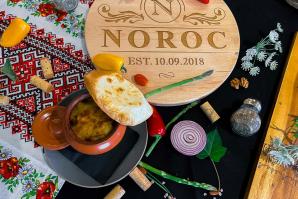
Firebird Russian Restaurant Forced to Make Two Name Changes Within Two Months
Sacramento restaurant is a gathering place during Russia-Ukraine war
Firebird Russian Restaurant recently reopened as Noroc with a fresh new look.
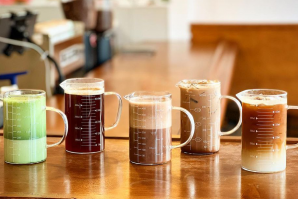
Neighborhood Favorite: Tupi Coffee
A Sacramento coffee shop aims to introduce Brazilian snacks to all 50 states
The Boulevard Park corner cafe serves Brazilian baked goods such as cheese bread and fried dumplings, as well as an assortment of sandwiches and beverages.
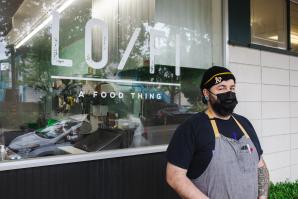
Neighborhood Favorite: Lo/Fi
A Southside Park cafe with a punk spirit serves seasonal comfort food
The neighborhood lunch spot serves comfort sandwiches, Sunday brunch, desserts and a bodega-style assortment of beer and wine.
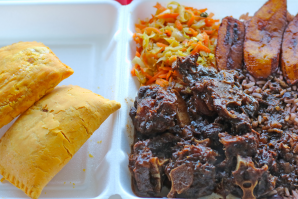
Neighborhood Favorite: Every Little Thing Jamaican
A Suisun City grocery store and takeout business serves Caribbean nostalgia
The market-kitchen hybrid offers Afro-Caribbean favorites like jerk chicken, curry goat and oxtail.
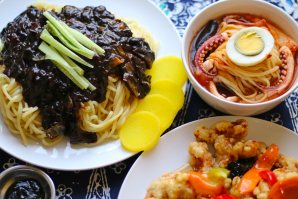
Neighborhood Favorite: Smile Market 2
The second branch of a longstanding supermarket serves Korean Chinese food
After more than 20 years selling Korean specialty items, the owners of Smile Food Market opened Smile Market 2, which serves fresh dishes like spicy seafood noodles and sweet-and-sour pork.
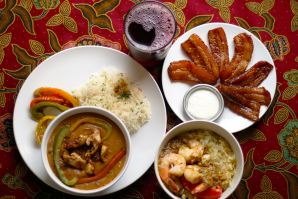
Neighborhood Favorite: Chulla’s Cafe
A political-scientist-turned-restaurateur brings a globalist approach to African fusion
The Chulla’s Cafe menu borrows influences from African,
Asian, Latin American, South European and Pacific coastal
regions.



